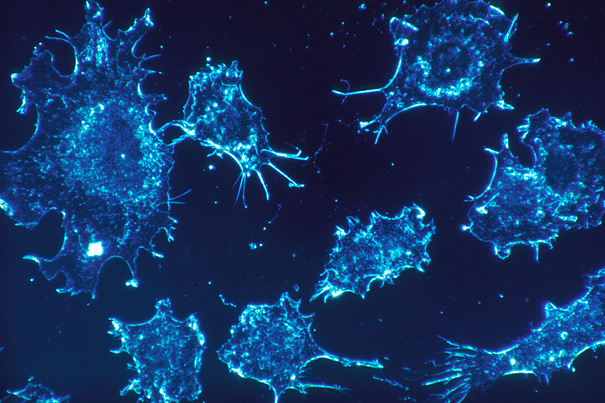Health
-

6 keys to a long, healthy life (ice cream included)
Also, why reading Ben Franklin beats climbing Mount Everest
-

Six cancers rising faster in younger adults than older ones
Large new global study fuels growing concern over trend of increases in several types

-

What’s next for GLP-1s?
Scientists eye new treatment targets for popular weight-loss drugs, from heart failure to addiction
-

Pricey blockbuster GLP-1s are costing users — and most of the rest of us, too
Health insurers are passing along cost for coverage in form of higher rates across the board, policy researcher says
-

Drinking 2-3 cups of coffee a day tied to lower dementia risk
Caffeinated tea also found to slow cognitive decline in study

-

New AI tool predicts brain age, dementia risk, cancer survival
Unlike other AI models, BrainIAC needs limited data to ID key neurological health indicators

-
Finding ovarian cancer’s vulnerabilities
In their largest and most comprehensive effort to date, researchers from the Broad Institute of Harvard and MIT and Dana-Farber Cancer Institute, a Harvard affiliate, examined cells from more than 100 tumors, including 25 ovarian cancer tumors, to unearth the genes upon which cancers depend. They call it Project Achilles.
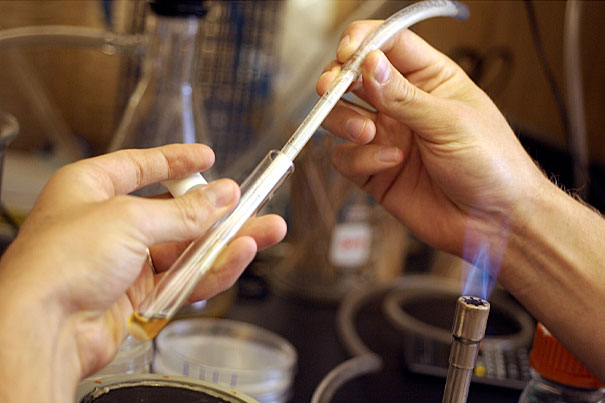
-
When estrogen isn’t the culprit
Although it sounds like a case of gender confusion on a molecular scale, the male hormone androgen spurs the growth of some breast tumors in women. In a new study, Harvard scientists at Dana-Farber Cancer Institute provide the first details of the cancer cell machinery that carries out the hormone’s relentless growth orders.

-
Cut calories, increase egg quality
A strategy that has been shown to reduce age-related health problems in several animal studies may also combat a major cause of age-associated infertility and birth defects.
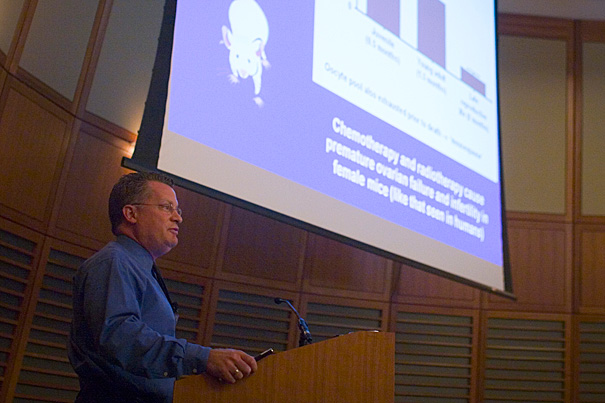
-
Bone loss study takes flight
When the final mission of NASA’s 30-year Space Shuttle program is launched on Friday (July 8), an animal experiment to test a novel therapy to increase bone mass will be on board. Harvard Medical School Asssistant Professor Mary Bouxsein is among the lead researchers.
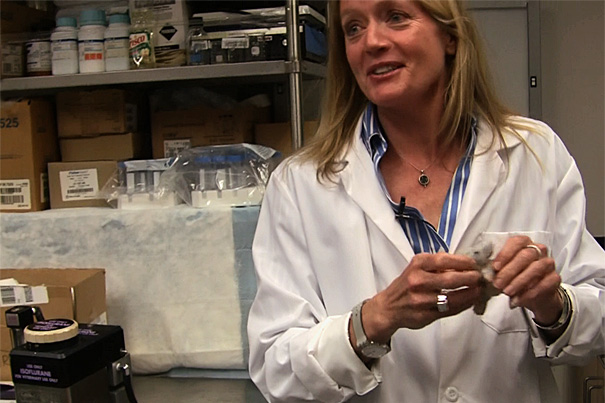
-
Gray gets stamp of approval
The U.S. Postal Service unveiled a new postage stamp honoring Asa Gray, founder of Harvard’s Herbaria and the man considered the founder of American botany, in a ceremony at the Harvard Museum of Natural History.
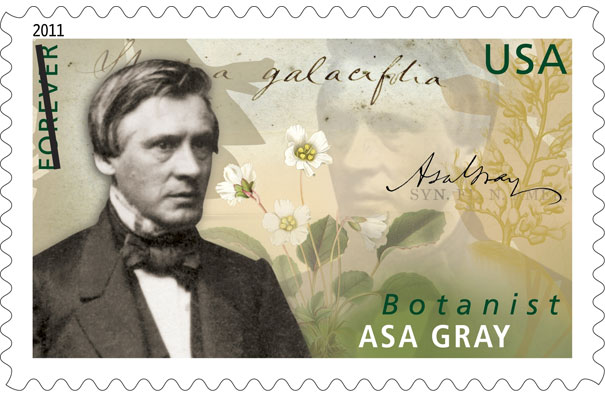
-
New hope against diabetes
Results from a phase 1 drug trial by Harvard Medical School and Massachusetts General Hospital researchers showed that a decades-old tuberculosis drug knocked out the autoimmune cells that attack diabetic patients’ insulin-producing cells, followed by indications that pancreatic function was improving, albeit transiently.

-
A focus on battling tuberculosis
Scientists from around New England gathered at the Broad Institute of MIT and Harvard to discuss the latest research and findings about tuberculosis at the Fifth Annual New England Tuberculosis Symposium.
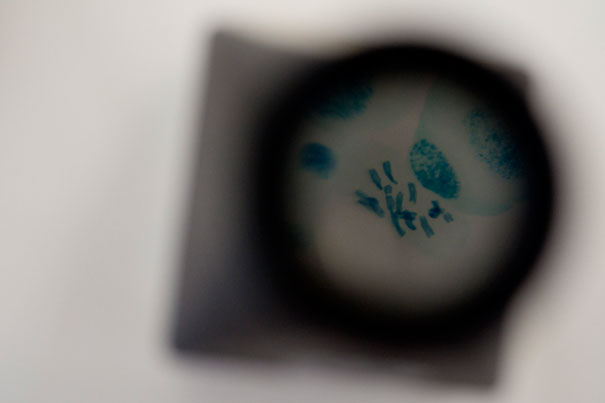
-
Where there’s smoke, there’s ire
Speakers at a Harvard School of Public Health conference on smoking hailed the late Sen. Edward M. Kennedy’s work to give the Food and Drug Administration new regulatory power over tobacco products and said, if wielded properly, it could prove a key weapon for better health.
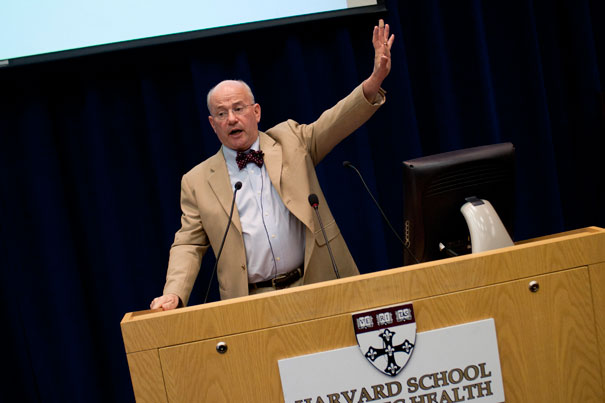
-
For love of the creepy, crawly
Biologists from around the world are on campus this week for an international conference on invertebrate morphology sponsored by the Museum of Comparative Zoology, the Harvard Museum of Natural History, and the Department of Organismic and Evolutionary Biology.
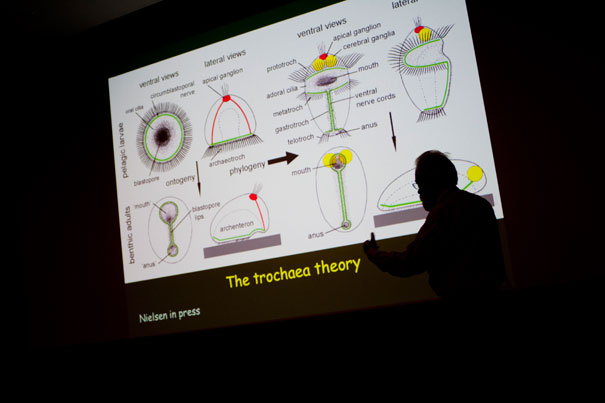
-
Clues on how flowering plants spread
Researchers at Harvard’s Arnold Arboretum have highlighted female competition among plants, saying it is a new factor that could have driven the mystifying diversity of flowering plants.
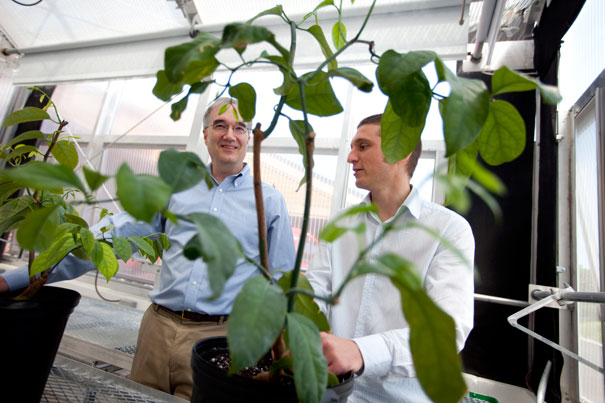
-
Cell’s linchpin protein found
After decades of failed efforts, researchers have discovered, through a combination of digital database mining and laboratory assays, the linchpin protein that drives mitochondria’s calcium machinery.
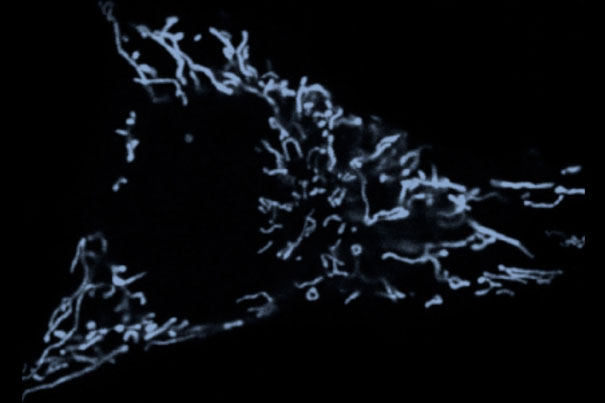
-
How ovarian cancer spreads
Harvard Medical School researchers find that ovarian cancer cells use mechanical force to move through tissue and colonize additional organs.
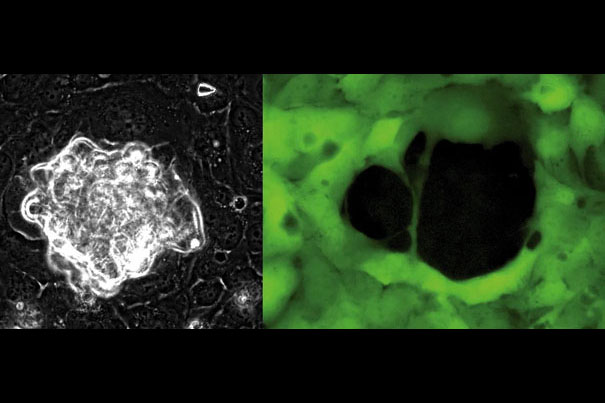
-
A living laser
In a new report, Harvard researchers Malte Gather and Seok-Hyun Yun describe how a single cell genetically engineered to express green fluorescent protein can be used to amplify the light particles called photons into nanosecond-long pulses of laser light.
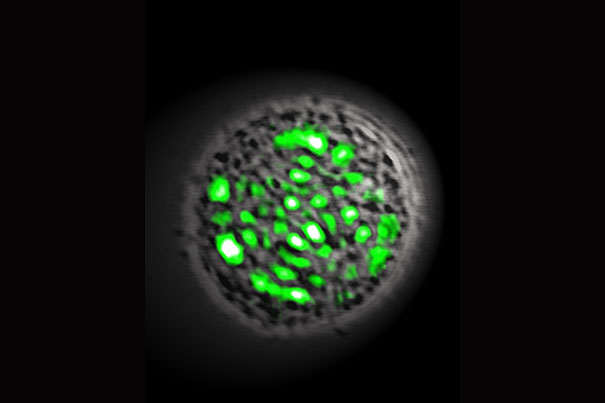
-
New face for chimp-attack victim
A Connecticut woman who was badly disfigured when she was mauled by a pet chimpanzee in 2009 received a full face transplant during surgery at Harvard-affiliated Brigham and Women’s Hospital.
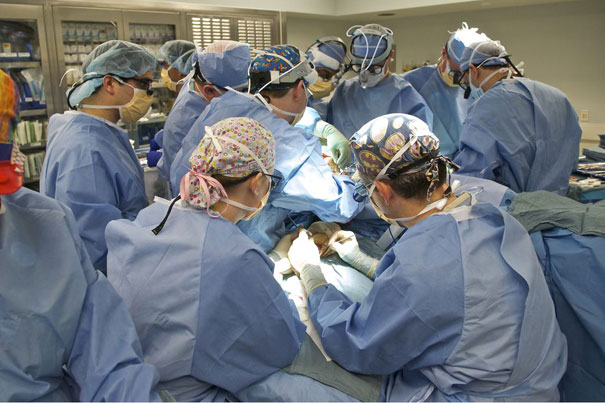
-
What makes them special
Researchers at Joslin Diabetes Center, a Harvard Medical School affiliate, examine why a select group of long-term type 1 diabetes survivors show so few complications.
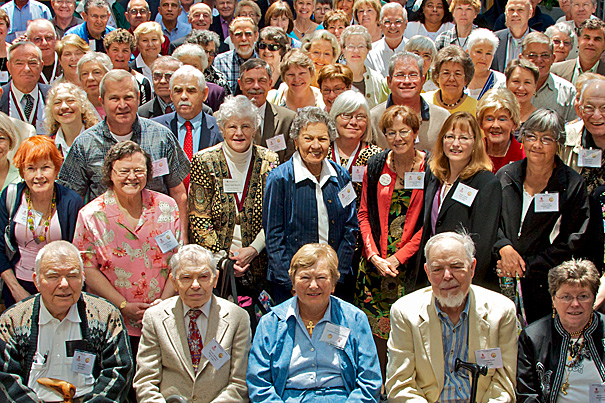
-
No cheeks, no problem
Harvard biologist Alfred W. Crompton shows that dogs drink not with a messy scoop of the tongue, but in a way similar to that of cats — by using adhesion and inertia to pull water from the bowl into their mouths.
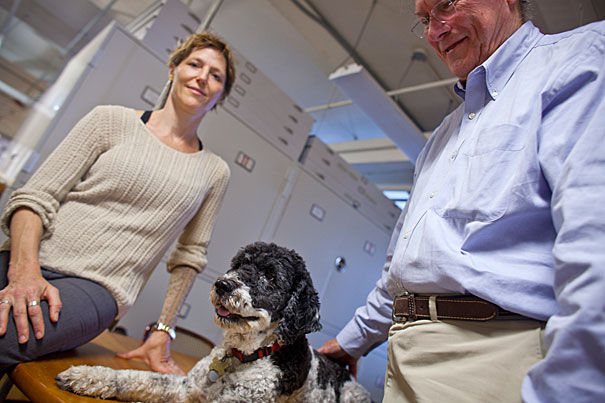
-
VHA vs. Medicare: And the winner is …
A Harvard Medical School-led study shows that cancer care provided by the Veterans Health Administration for men 65 years and older is at least as good as, and by some measures better than, Medicare-funded fee-for-service care obtained through the private sector.

-
Increasing odds for survival
A duo of drugs, each targeting a prime survival strategy of tumors, can be safely administered and is potentially more effective than either drug alone for advanced, inoperable melanomas, according to a phase 1 clinical trial led by Harvard investigators at the Dana-Farber Cancer Institute.
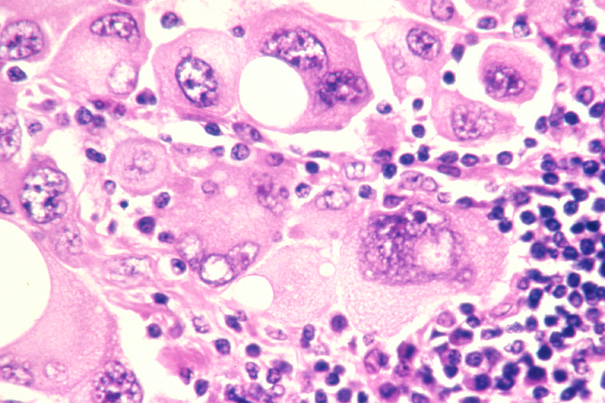
-
It doesn’t add up
An important new finding by Harvard researchers indicates that cellular mutations responsible for an organism’s successful adaptation do not, when combined over time, provide as much benefit as they would individually be expected to provide.
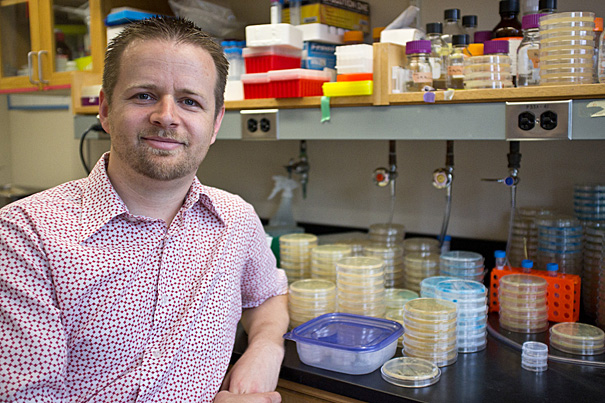
-
What’s behind aggressive breast cancer
Harvard scientists at Dana-Farber Cancer Institute have identified an overactive network of growth-spurring genes that drive stem-like breast cancer cells enriched in triple-negative breast tumors, a typically aggressive cancer that is highly resistant to current therapies.
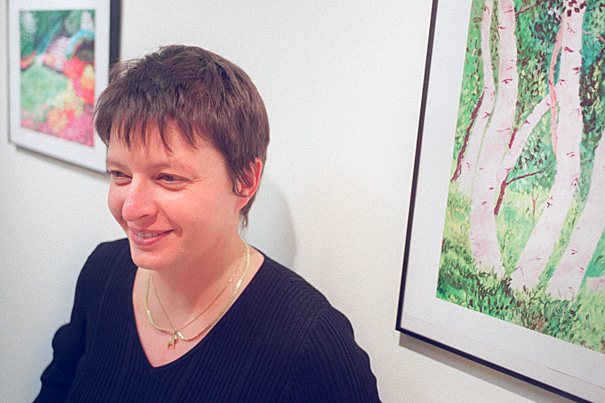
-
ADHD linked to substance abuse risk
In a long-term study by Harvard researchers, data support the association between childhood ADHD and substance abuse risk.

-
Earthly extremes hint to life elsewhere
Scientists are examining single-celled organisms in extreme environments for clues to what life might look like on the myriad planets being discovered in the universe.

-
Coffee tied to lower prostate cancer risk
Men who regularly drink coffee appear to have a lower risk of developing a lethal form of prostate cancer, according to a new study led by Harvard School of Public Health researchers.

-
Using medical technology wisely
A former White House official says health care technologies are ready to serve medicine, but the challenge will be ensuring that such innovations do not deepen existing disparities in care.

-
The battle of the butts
Gregory Connolly and the HSPH Center for Global Tobacco Control conduct research around the world to illuminate ongoing health problems caused by tobacco.

-
Old specimens, fresh answers
A project details changing levels of mercury in endangered albatrosses and highlights the importance of museum specimens in understanding past conditions.
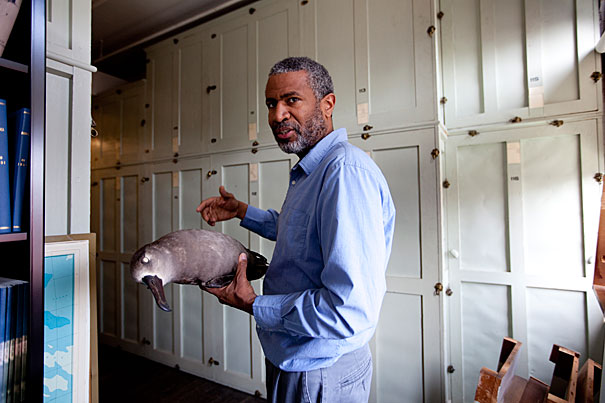
-
First U.S. full face transplant patient
Dallas Wiens, who in March became the first person in the United States to receive a full face transplant, described the simple joys of holding his daughter, Scarlette, and smelling lasagna again as he prepared to leave Harvard-affiliated Brigham and Women’s Hospital Monday (May 9) for his Texas home.

-
Health reform may require a crisis
ABC’s medical editor Timothy Johnson, M.P.H. ’76, predicted sweeping changes to the nation’s health care system, but not before a budget calamity caused by rising health care costs forces politicians’ hands.
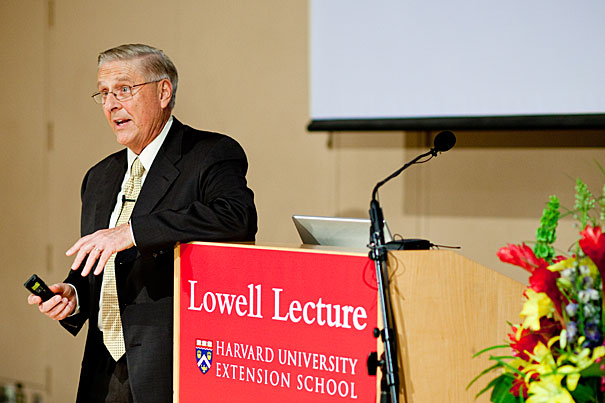
-
Twin dangers: Malnutrition and obesity
Experts in nutrition gathered at Harvard Medical School to discuss the emerging “double burden” of malnutrition and obesity that is starting to affect the developing world.
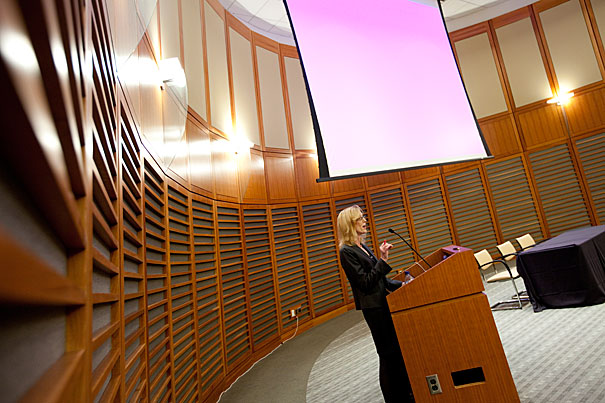
-
Cancer cells’ survival kit
Harvard-affiliated scientists at Dana-Farber Cancer Institute have discovered new details of how cancer cells escape from tumor suppression mechanisms that normally prevent these damaged cells from multiplying.
